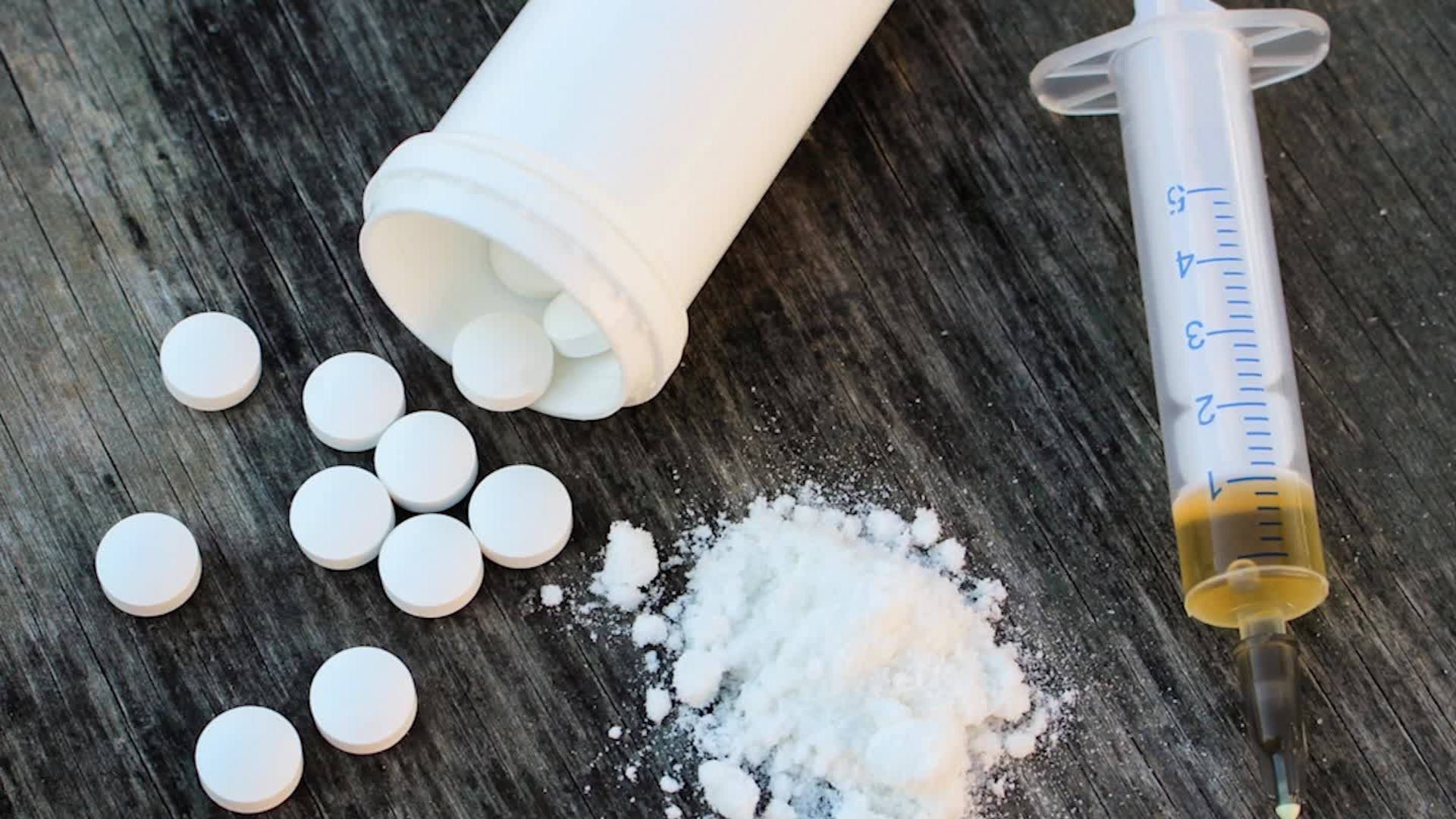PENNSYLVANIA, USA — Pennsylvania's opioid disaster declaration will end today, Aug. 25, after the Republican-led General Assembly decided not to renew it for a 16th time. The news comes as GOP leaders and recovery centers acknowledge addiction is a rising issue amid the COVID-19 pandemic.
"My first reaction when I heard the disaster declaration wasn't renewed was 'The disaster is worse now then it was when the disaster was declared. So, why are we ending it?'" Christopher Dreisbach of Blueprints for Addiction Recovery in Lancaster said. He added, "I feel like there's always politics at play in pretty much everything that happens. Unfortunately, in this example it may impact the lives of Pennsylvanians."
Republicans claim this does not mean they are not committed to finding solutions to the opioid epidemic. Jason Gottesman, press secretary for the Republican House Majority Leader, said the GOP plans to tackle the issues through legislation rather than an emergency declaration that he said gives the Governor "broad authority."
"When you do something that long (renew the declaration) it's clear permanent changes are needed because basically you have a permanent emergency declaration," Gottesman said.
A spokesperson for Republican Senate Majority Leader Kim Ward, Erica Clayton Wright, told FOX43 that Sen. Ward has already been involved in conversations with the Wolf Administration regarding legislative applications to codify some of the emergency measures that have been used throughout the opioid emergency declaration renewal process. Wright added not renewing the declaration should not be viewed as the GOP downgrading the importance of the matter.
Governor Tom Wolf originally signed the opioid disaster declaration in 2018 to fight the opioid and heroin epidemic.
“The disaster declaration allowed us to work together more effectively to reduce overdose deaths and help Pennsylvanians obtain treatment and pursue recovery," Gov. Wolf said in a statement. “We made a lot of progress before the COVID-19 pandemic struck, both in putting improved systems in place to help Pennsylvanians and in reducing overdose deaths in the Commonwealth by nearly 20% from 2017 to 2020."
Wolf went on to say that because of the pandemic and the isolation and destruction it caused, the state has seen "a heartbreaking increase in substance use disorder and overdose deaths," and this is why he asked the General Assembly to renew the declaration earlier this month.
The Republican-led legislature can decline to extend disaster declarations under new powers granted by the May 2021 primary election.
“The General Assembly has determined that a disaster declaration is no longer our most effective tool against the opioid epidemic and has declined to extend it," Gov. Wolf went on. "But our fight is not over. We have an obligation to support individuals desperately in need of substance use disorder services and supports."
The Governor's office said the disaster declaration accomplished a number of steps including the DOH Acting Physician General Dr. Johnson signing an updated naloxone standing order permitting community-based organizations to provide naloxone by mail.
Pennsylvania's Department of Health told FOX43 the end of the declaration will not disrupt the distribution of naloxone and that it is still publicly available.
"A lot of the work that they did with the disaster declaration was surrounding naloxone and improving access to Narcan for people to not die of accidental overdose and I would hope that there is absolutely no interruption to any of those services," Dreisbach said.
The Governor's office said the declaration helped reduce opioid prescriptions by 40% through the DOH Office of Drug Surveillance and Misuse Prevention.
Governor Wolf has said that with or without a disaster declaration, the opioid crisis will remain a top priority of his administration.
"Over the past year, with the pandemic and all the related things that have been happening in our country, people have been a bit more depressed and anxious," Dreisbach said. "They've been more isolated and excluded and they haven't had that human interaction that's so essential in beating addiction."

